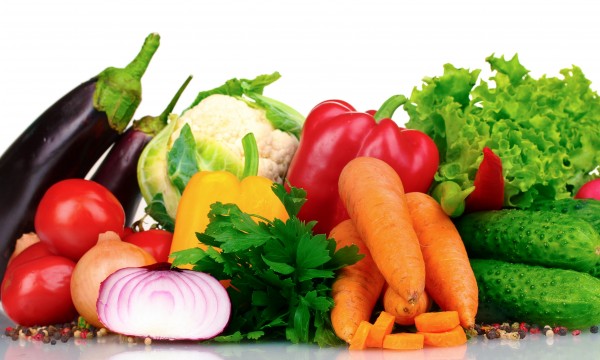
Why is a diet essential for good oral health? Simply put, anything you put into your body often (although not at all times) has to pass through your mouth. Your oral health is directly correlated with the diet you have, and more of the “wrong” foods and drinks could take you down a path of dental issues in the future.
What causes tooth decay?
Tooth decay damages your teeth, leading to the necessities of fillings and even extractions. Ideally, you want to maintain the health of your teeth for years to come, which means limiting the types of foods that can cause tooth decay.
Tooth decay happens when sugars in food react with the bacteria found in plaque. This can cause acids to form and break down the tooth enamel. If this continues to happen over time, the tooth enamel will deteriorate, forming a hole or “cavity” into the dentine. The tooth can then decay a lot more quickly.
What foods cause tooth decay?
It’s important to understand that all sugars technically cause tooth decay. Sugar comes in many forms. Typically, ingredients that end in “OSE” contain sugars. Some common examples include sucrose, fructose, glucose, etc. All of which can damage your teeth.
That doesn’t mean you can’t have these ingredients in moderation, but it’s still important to know what foods contain these sugars.
Many processed foods contain sugar, and the higher up it is in the list of ingredients, the more of it the product contains. Always make sure to check the label.
When you do begin reading the labels on your food, keep in mind that just because something says “no added sugar” doesn’t inherently mean that the product is fully sugar-free. It just means that there is no additional sugar added to the product. These products can still contain sugars such as the ones listed above, or the sugars on the list may qualify as carbohydrates. If you’re not sure how to navigate ingredients on food labels, touch base with your dental team.
This Bradford dentist regularly shares information on their social media regarding how to maintain good dental hygiene and overall health.
What foods are good for teeth?
Fibre-rich fruit and vegetables: foods that contain fibre help keep your teeth and gums clean. It also allows for your saliva to get glowing. Next to proper dental hygiene practices, this is one of the best ways to promote mouth health. After eating something that has sugars or starches, your saliva begins working to reduce the effects of acids on your teeth. Your saliva naturally contains traces of calcium and phosphate, which can promote the restoration of minerals to teeth.
Cheese, milk and dairy alternatives: Cheese is another great way to promote healthy saliva flow in the mouth. The calcium and phosphates in milk, cheese, and some dairy alternatives help put minerals back into your teeth that may have been lost to other foods.
Sugarless chewing gum: this helps again to promote the flow of saliva and can even help remove pesky food particles as you chew. However, it’s not a substitute for proper brushing or flossing.
Food that contains fluoride: This can include fluoridated drinking water or anything that contains it. This could include juices, provided they don’t have a high amount of sugar and some dehydrated soups. Commercially prepared products from meat ranging from chicken to seafood, as well as some powdered cereals, also contain fluoride.
Diet and good oral health go hand-hand. So pay mind to the foods you eat and in what quantities. It’s OK to have a treat every now and then, but make sure you have a rich, varied diet low in sugar and high in some of these teeth-promoting ingredients.






